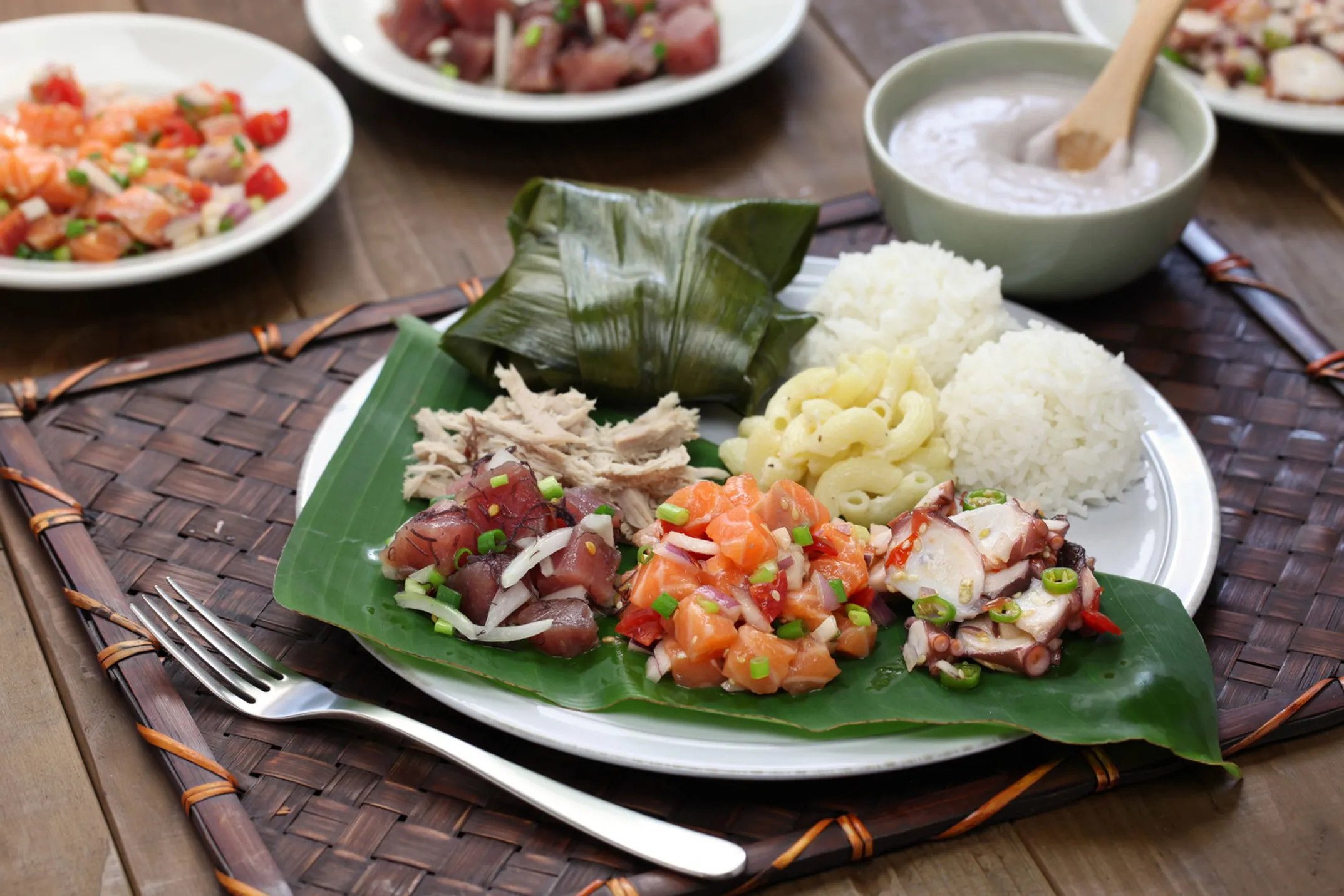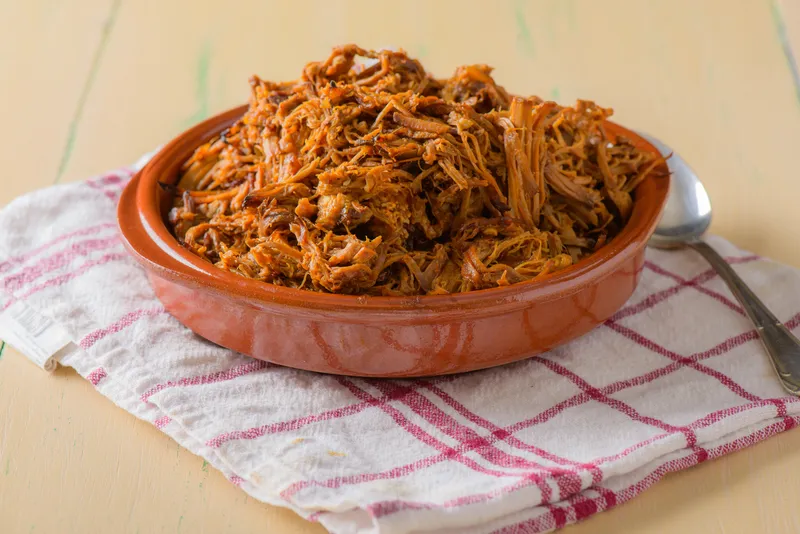
「Minivan Arrival」Honolulu Airport ⮕ Waikiki Hotels Exclusive Transfer
Family Photography Pros Oahu • Service • Honolulu • Oahu

A guide to Hawaiian lūʻau - living tradition, celebration, and the spirit of aloha

Written by a Cultural Expert
Jade KawanuiThe lūʻau is perhaps our most famous culinary and cultural experience. For many visitors, it's a quintessential trip part. However, a lūʻau is far more than dinner shows—it's living tradition, celebration of ohana family, abundance, and aloha spirit that has evolved over centuries while holding fast to core values.
A lūʻau celebrates the abundance of the ʻāina and the joy of sharing it—where food becomes the language of love, respect, and community connection.
Modern lūʻau traces roots to ancient ʻahaʻaina—formal feasts held to mark momentous occasions. These early gatherings were governed by strict kapu systems. Only after King Kamehameha II abolished kapu in 1819 could men and women dine together, paving the way for communal celebrations we know today.
The term "lūʻau" itself, named after taro leaf dishes that were always staples, came into common use in mid-1850s. For kamaʻāina, lūʻau remains the traditional way to celebrate major life milestones like babies' first birthdays, graduations, or weddings.

Food served at lūʻau celebrates the land's bounty—blends of traditional Hawaiian dishes and post-contact favorites. Each dish tells part of our islands' story.
Kalua Pig: Unearthing from the imu is evening highlights. This tender, smoky pork symbolizes ʻāina generosity and the tradition of sharing abundance with community.
Essential dishes: Poi (sacred taro starch), laulau (pork and fish in taro leaves), and lomi-lomi salmon (refreshing fusion side salad).
Classic additions: Pipikaula (Hawaiian-style dried beef), Molokaʻi sweet potatoes, and creamy coconut pudding known as haupia.
Plantation influences: Chicken long rice and macaroni salad now considered lūʻau standards, reflecting our multicultural heritage.
While most lūʻau events feature hula and fire dancing, food quality can vary significantly. For culinary-minded travelers, seeking lūʻau that pride themselves on feasts is key to authentic, enjoyable experiences.
The best lūʻau experiences honor both tradition and taste—where ancient recipes meet modern culinary excellence, creating memories that nourish both body and soul.
While visitor lūʻau provide entertainment and education, remember that for Hawaiian families, lūʻau remains a sacred tradition of hospitality, gratitude, and community building. Each element—from the imu ceremony to the sharing of poi—carries deep cultural meaning.
When you attend a lūʻau, you're participating in a tradition that connects you to the aloha spirit—the practice of love, compassion, and respect that makes these islands truly special.
Lūʻau celebrates the extended family concept where everyone is welcomed and fed, reflecting the Hawaiian value of caring for community.
Every dish honors the land's gifts—from the pig that gave its life to the taro that sustains families across generations.
Modern lūʻau help preserve and share Hawaiian culture, ensuring traditions continue for future generations.
"Hoʻokipa me ke aloha"
Hospitality with love.
This is the spirit of every true lūʻau—welcoming guests not as strangers, but as new members of the extended Hawaiian family.

Family Photography Pros Oahu • Service • Honolulu • Oahu

Family Photography Pros Oahu • Service • Honolulu • Oahu
